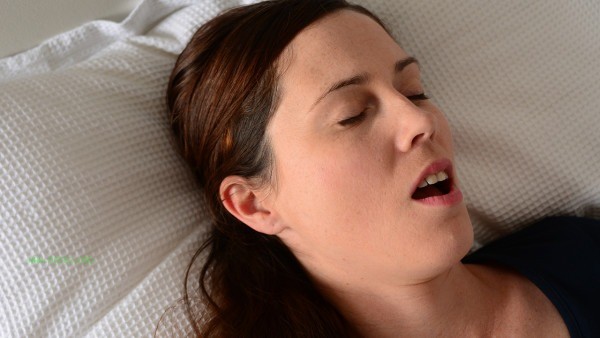Aunt Lin is a typical retired elderly person. Every morning, she wakes up early to go for a walk in the park and enjoy the fresh air. After lunch, she always feels particularly tired and takes a nap almost every time. She had repeatedly wondered why she felt so tired after every meal? Is it due to getting older? Today, we will uncover the truth behind feeling sleepy after meals.

The reason for feeling sleepy after eating is actually a very common phenomenon, and many people have had similar experiences. The main reasons behind it are as follows:
Blood distribution: After eating, the body needs to transport a large amount of blood to the digestive system to help the gastrointestinal tract digest food. At this point, the blood supply to the brain is relatively reduced, leading to insufficient blood supply to the brain and causing drowsiness.
Neuroregulation: When the gastrointestinal tract starts working, the nervous system regulates the body's excitability and suppresses brain activity. This regulatory mechanism can also make people feel drowsy.
Hormone secretion: After meals, the human body secretes some hormones such as cholecystokinin, orexin, and melatonin. These hormones act on the brain, further enhancing drowsiness.
How to relieve postprandial drowsiness
Although postprandial drowsiness is a normal physiological phenomenon, in some cases, we may need to stay awake and energetic. Here are some tips to relieve drowsiness after meals:
Sunbathing: After meals, you can stand in a sunny place for a while. Sunlight not only helps the body produce vitamin D, but also inhibits the secretion of melatonin and reduces drowsiness.
Chat: Chat with friends or family, interaction can uplift your spirits and improve the situation of drowsiness.
Deep breathing and shoulder movements: While taking deep breaths, rotate the shoulders forward and backward several times. This simple exercise can promote blood circulation and help you stay alert.
Control sugar intake: Foods with high sugar content can cause a rapid increase in blood sugar, followed by a large secretion of insulin and a rapid decrease in blood sugar, which can make people feel drowsy. Reducing the intake of high sugar foods can effectively alleviate post meal drowsiness.
Moderate eating: Do not overeat during meals, it is recommended to eat 70% full at each meal. Overeating can increase the burden on the digestive system and increase drowsiness.
Light diet: Try to choose light foods, reduce the intake of animal fats, and eat more fruits, vegetables, and legumes.
Health management of drowsiness after meals
Although drowsiness after meals is a normal physiological phenomenon, if it persists and even affects daily life and work, it needs to be taken seriously. Here are some health management suggestions:
Regular sleep schedule: Maintain a regular sleep schedule to ensure sufficient sleep every day.
Balanced diet: The diet should be balanced, consuming more fiber rich foods and reducing the intake of high-fat and high sugar foods.
Moderate exercise: Engage in moderate exercise every day to enhance physical fitness and improve the body's metabolic level.
Regular physical examination: Regular health check ups are conducted to understand one's physical condition and promptly identify and address potential health issues. After listening to these suggestions, Aunt Lin began to adjust her diet and daily habits, and her drowsiness after meals significantly improved. She exclaimed, "So it's like feeling sleepy after meals. Adjusting your lifestyle habits is really effective




Comments (0)
Leave a Comment
No comments yet
Be the first to share your thoughts!